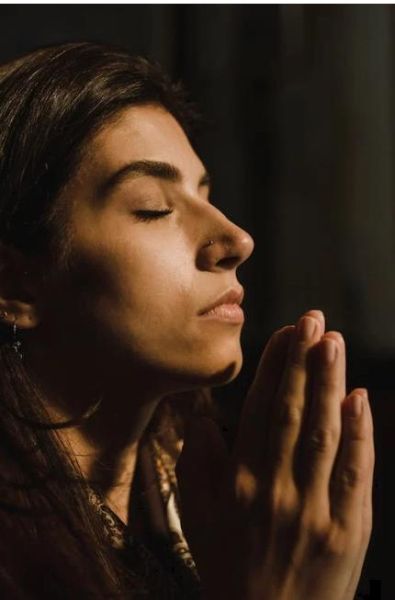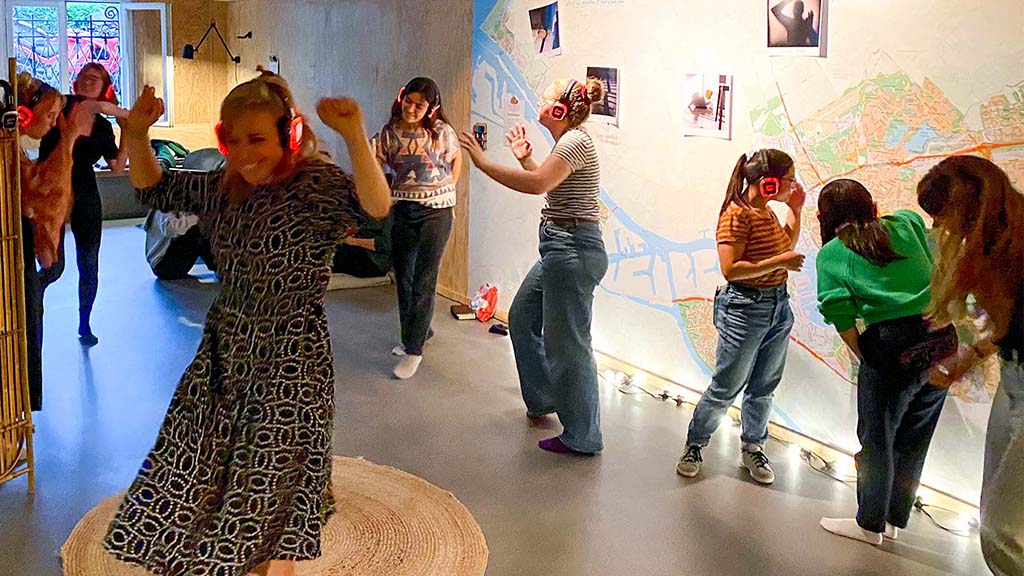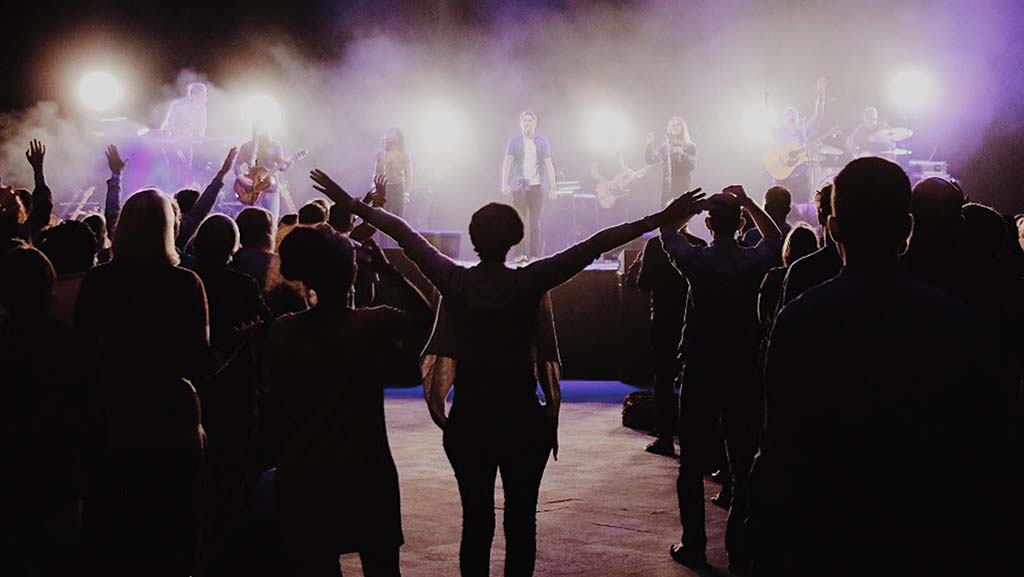Moravian Prayer Watch Inspires Gen-Xers
from Religion Today – June 16, 2000
A nonstop, worldwide prayer movement patterned after the Moravian revival in Germany in the 1700s is energizing young people.
Generation X-ers are “getting excited about Jesus” through a movement called “24-7,” which encourages groups of people to pray for extended periods of time, coordinator Pete Greig told Religion Today. They meet in designated rooms where they pray in shifts for a week or a month, asking God to bless their families, friends, heroes, and peers.

Groups pick a time, say the first week of June, then agree to pray around the clock, registering with the 24-7 web site, Greig said. The site features testimonies of past events, inspirational stories, and prayer needs from around the world. Dozens of groups have participated since the initiative started in February. “Since we began, we’ve never had less than four groups at a time praying,” he said.
Young people in many nations, mostly in Europe, are joining the movement. There have been 24-7 prayer rooms in Australia, Ecuador, England, France, Ireland, Scotland, Spain, Sweden, Switzerland, Germany, the United States, and Wales, Greig said. Participants numbered from fewer than 10 to dozens, he said.
The atmosphere in the prayer rooms is heavenly, Greig said. People experience God in a new way and learn to relate to Him personally, as a Father, he said. “An hour feels like 10 minutes” in God’s presence, he said, and prayers often are answered swiftly. Participants sometimes paste written prayers, poems, artwork, and “spiritual graffiti” on the walls, he said.
“The prayer room in Northampton [England] is mad, crazy, outrageous, contagious, deep, real – we can hardly describe it,” one participant wrote. “God is really here. We walked into the room and could ‘feel’ God’s presence, almost as if something was brushing against your skin.”
24-7 prayer rooms aren’t just in churches. They are in skate parks, deserted buildings, farmhouses, even nightclubs, Greig said. “For this generation, the mission field is the clubs and the skateparks. Holiness that is divorced from the world is not Jesus’ model of holiness, which is to go to parties, make children laugh, and confuse the religious culture.”
The goal is to “turn the tide in youth culture,” he said. Many young people are living on the edge, seeking thrills in a frenzy of partying and risky entertainment, and most are turning away from church, Greig said. “The body of Christ in the West is bleeding young people.” Even those in the church don’t know how to pray correctly because they focus on “instant gratification” rather than “talking to God,” he said.
24-7 is effective because it is exciting for young people, Greig said. An evening prayer meeting is routine, but asking young people to come out at 3 a.m. excites them, he said. “It’s the extreme mentality. They like extreme sports and there is something extreme and risky and exciting about this kind of prayer.”

Young people get involved because they see their spiritual impact, Greig said. “This takes prayer out of the hands of intercessory specialists and puts it in the hands of normal people.” Interacting with Christians in other countries through 24-7’s web site gives them the feeling that they are part of a family and are taking part in a global move of God, he said.
The idea for 24-7 came when Greig visited Hernhutt, Germany, home of Count Nicholas von Zinzendorf, who started a prayer meeting that went day and night for more than 100 years. That began the Moravian revival, which resulted in thousands of missionaries and evangelists having an impact in Asia, North America, Africa, and Europe.
Inspired by the visit, Greig asked young people at his church to pray continuously for a month. It seemed like a good idea until he realized how many hours there are in a month, he said. “The church leaders and most young people weren’t for it because they felt it would wear out the church.” But they eventually agreed to give it a try, established a prayer room, and taught the young people about von Zinzendorf and the Moravian revival.

The one-month event lasted three months. “The thing went absolutely crazy,” Greig said. “People who have hardly prayed in their lives were staying up all night. People came to the room just to sit because they could sense the presence of God.” Artistic gifts began to come forth as people turned their prayers into poems and songs, he said, and the room filled up with paintings, graffiti, “heart-rending prayers, and prophecy.
“Then we got this crazy idea. ‘What if we could get enough people in enough places to do one year of nonstop prayer?’ ” This created the movement that has attracted interest from churches in Asia and Africa. The group is supported by several Christian leaders in the United Kingdom as well as British ministries such as Soul Survivor, Sublime, and Youth With a Mission.
The group has been asked to set up prayer rooms at the Sydney Olympics in Australia this summer and at Glastonbury, an annual New Age music festival in England that attracts 90,000 people. A church in Spain has asked Greig and others to establish a prayer room and do evangelistic outreaches on the island of Ibiza, a popular nightclub spot.
The movement “is a complete accident,” Greig said. “No one ever sat down to do this.” Churches hear about the movement through other churches or the 24-7 web site, which has been visited by hundreds of thousands of people since February, he said. “There is a sense that God is doing this and we are running to catch up.”
Click Here to visit the 24-7 Prayer Web Site
- Religon Today, June 16, 2000 – Used with permission
All photos on this page © 24-7 Prayer

